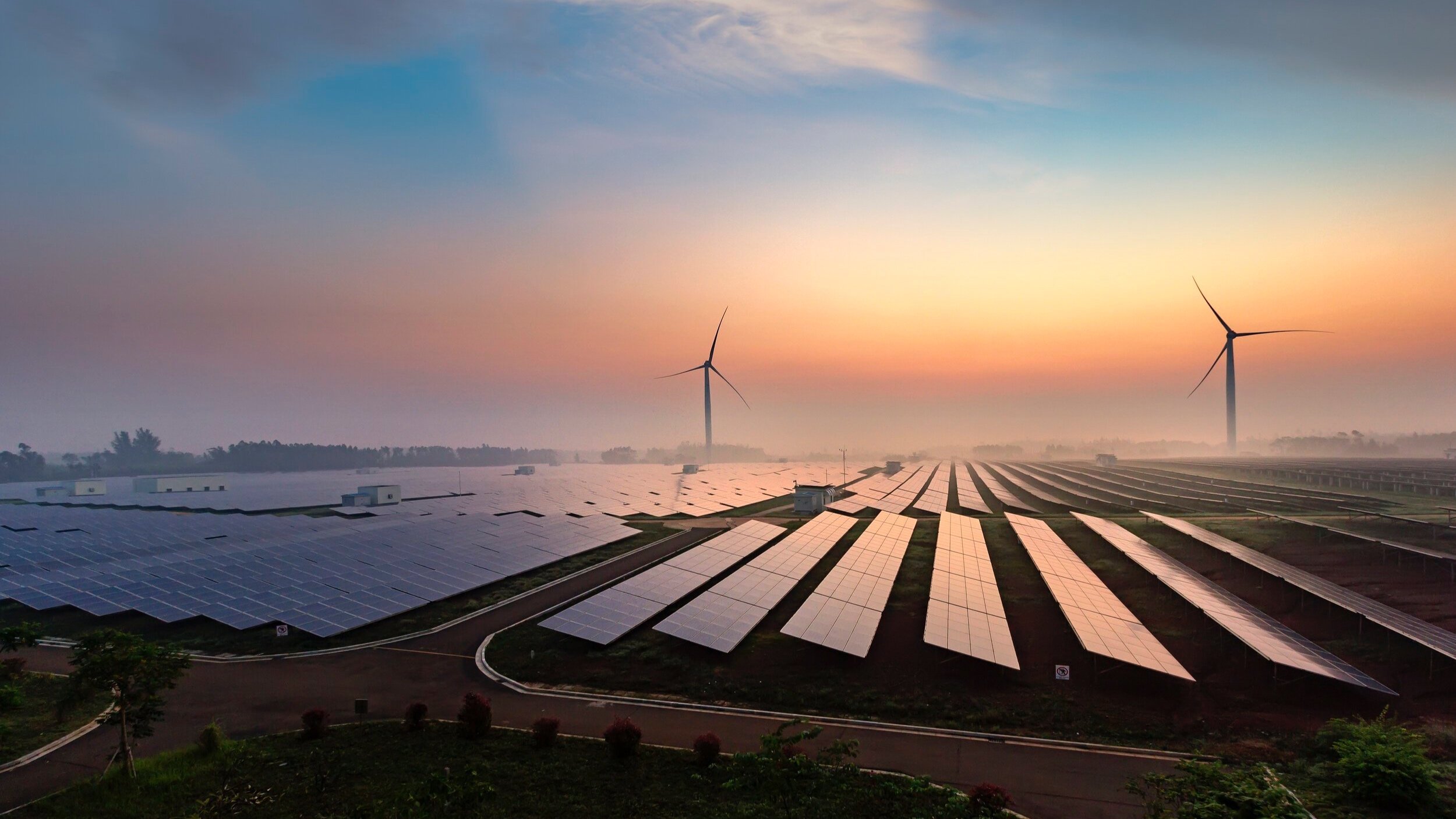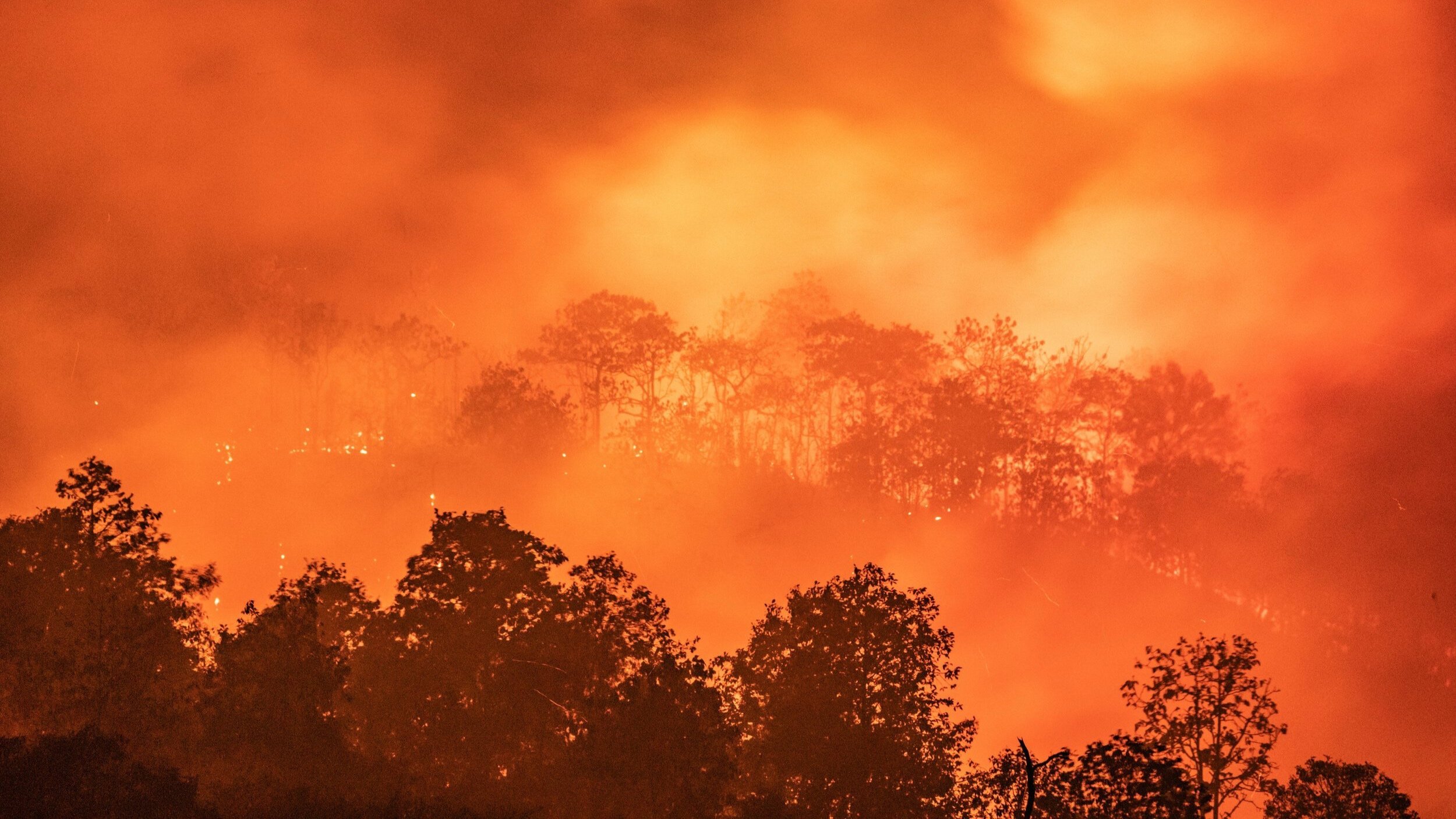Tufts University at COP30
What is the Climate Policy Lab?
The Fletcher School’s Climate Policy Lab (CPL) at Tufts University works to determine which climate policies work, which don’t, and why. The lab conducts independent, evidence-based research and policy analysis, providing objective insights that enhance effective climate-related choices for policy makers across the geographic and ideological spectrum. Our work is founded on the desire for sustainable and resilient development that will address climate change in a manner that will improve the quality of life for all people. The scope of the Lab is highly attuned to state, national, and bi-lateral policy processes while maintaining a global perspective – the motto of The Fletcher School.
Meet the Tufts University COP30 Delegation
Climate Policy Lab Events at COP30
-
Topic: Demonstrating health and economic co-benefits of climate mitigation
Date: Monday, November 17
Time: 9am BRT
Location: WHO Health Pavilion
Speakers
Khristopher Nicholas, PhD
-
Topic: Advances In the Implementation of Climate Policy
Date: Thursday, November 11
Time: 11:15am - 12:15pm BRT
Location: Regional Climate Foundations Pavilion
Speakers:
Daniel Alegre
Agus Sari
-
Date: November 17 - November 20
Location: Booth #42
Organizers: Tufts University and Cornell University
Description: Cornell University and Tufts University will present their world-renowned climate research (Cornell Atkinson Center) and policy analysis (Climate Policy Lab) to help advance dialogue and decisions with Parties and observers at the COP.
Thematic category: Education, Science and Technology: Just transition; Systems transformation; Energy
COP30 News
Explore CPL’s Research Themes
Read More About CPL’s Data Work
Accurate and transparent data is fundamental to climate and energy research at Climate Policy Lab (CPL) and beyond. Climate Policy Lab develops analytical tools and government-engagement programs to assist policy makers to estimate the emissions reductions or avoided emissions for specific policies or a range of complementary policies within the context of national political, societal, cultural, and technical landscapes. We believe that access to accurate and transparent data collection and analysis facilitates more ambitious climate action and improves the level of success in achieving urgent climate action goals.














